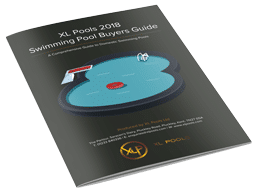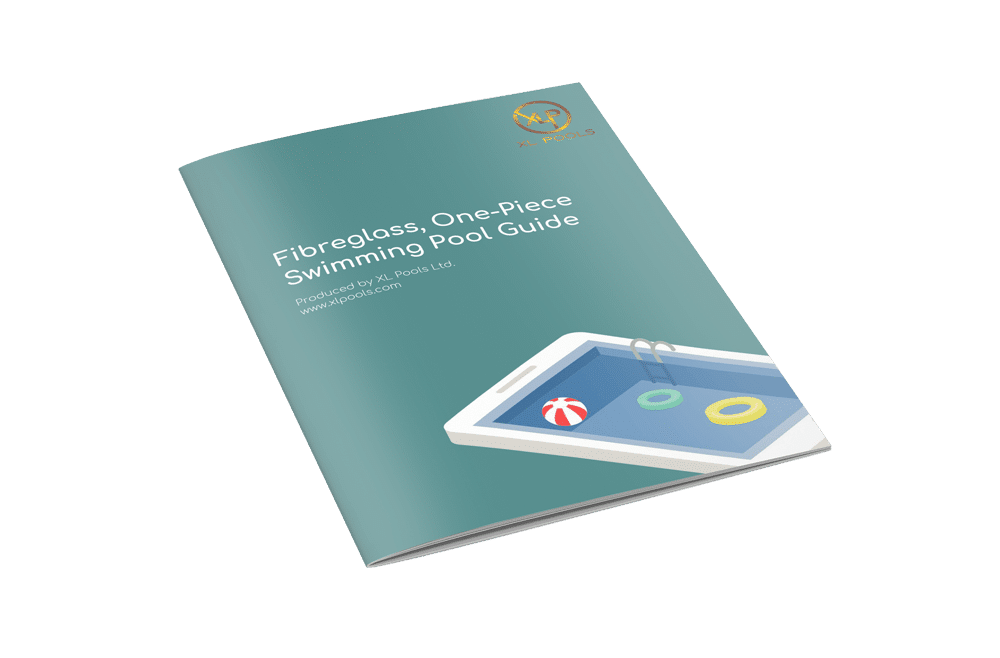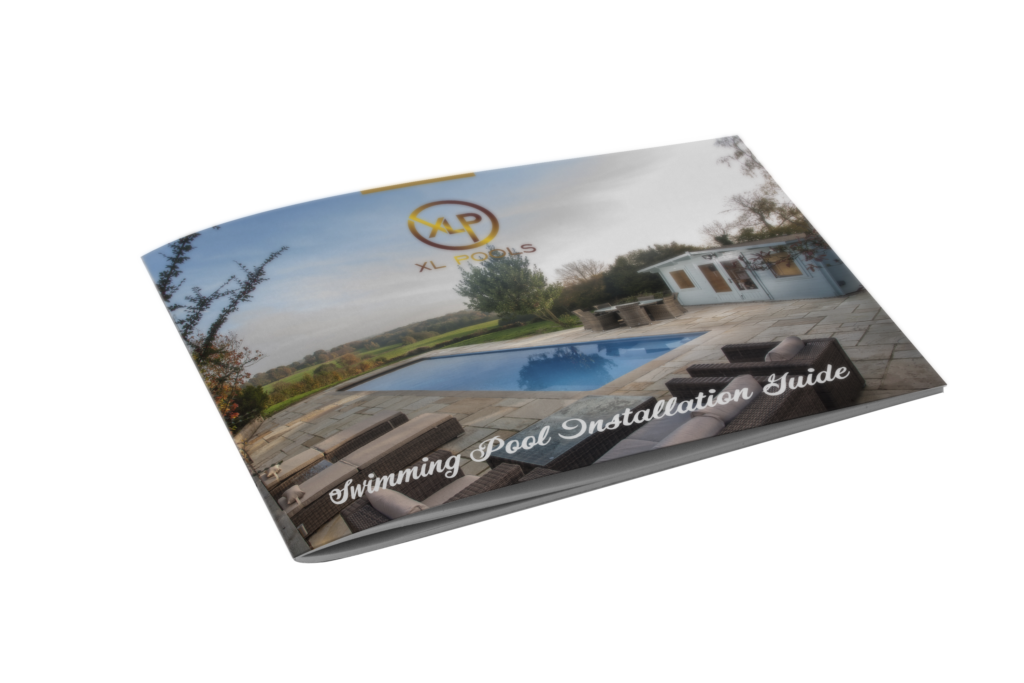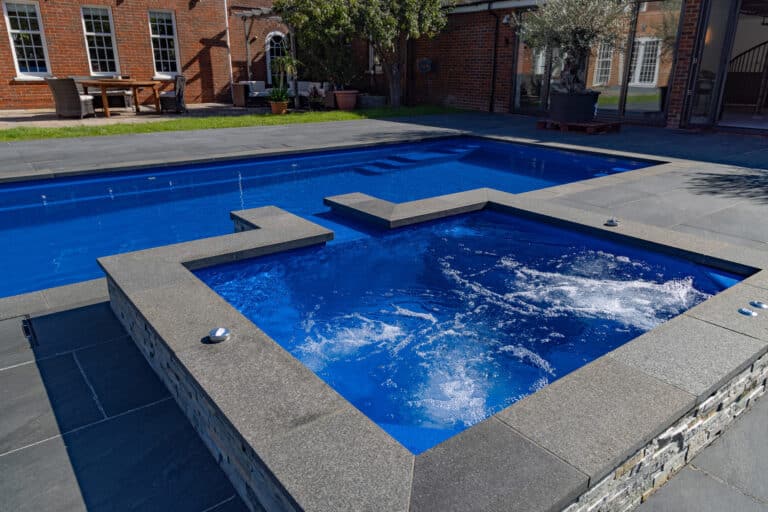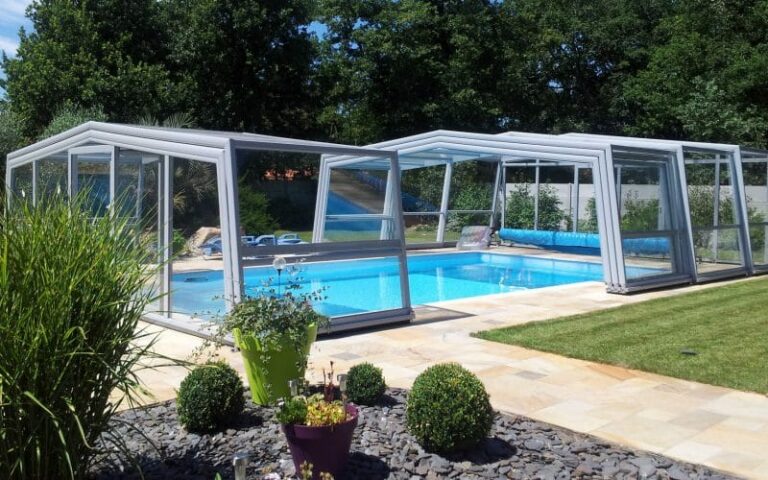Swimming pools can be complicated beasts. There are many things you need to do to maintain a pool and sometimes, we find that pool owners make the odd mistake. We decided to put together a list of the top 10 mistakes we see pool owners make so you can learn not to do them in the future.
- Not Brushing Your Pool
The pool brush is possibly the most underutilised accessory to a swimming pool whereas it is in-fact just as important as the vacuum head. Before vacuuming your pool, you should always brush the walls and floors of the pool as well as the harder to reach places like behind ladders. You should sweep steps and corners as well as giving the water line a good scrub too to avoid calcium build up. Once you have done this, crack on with your vacuuming.
- Ignoring your pH and Alkalinity Levels
Although a low pH (acidic) prohibits algae growth and also looks very clear, acidic water can also cause untold problems with your pool equipment such as your pump and heater. It has been known to crease liners, destroy heat exchangers and cause irreparable damage to your cover. Whilst all may seem fine and dandy from a visual perspective, your water will slowly be eating away at your pool and equipment causing thousands of pounds worth of damage.
Alkalinity keeps your pH in check, soaking up the major fluctuations in your pH level. Make sure your Alkalinity is checked regularly to avoid major pH changes.
- Adding Any Chemical via the Skimmers
The only exception to this would typically be chlorine tablets however we do recommend you invest in an off-line chlorinator. Adding pH reducer, and more importantly shock directly to your skimmers can be catastrophic. When you mix pool shock (calcium hypochlorite) and standard chlorine (TriChlor or DiChlor) it produces a deadly gas. If you have an automatic chlorinator in your system, the two will mix in a small space and will cause your chlorinator to literally explode. Avoid adding chemicals to your skimmer at all costs.
- Not Paying Attention to Your Calcium Hardness Levels
Calcium Hardness is a rarely checked variable in a pools water chemistry but improper levels will cause problems. A correctly balanced calcium hardness level will prolong the life of your pool finish and the equipment in your filtration. Typically, you should only need to dose calcium hardness at the start of a season however be sure to keep an eye on the levels over the summer and ensure they don’t start slipping as calcium is lost by evaporation and dilution.
- Neglecting to look after your pool between service visits
Having someone to come and service the pool regularly is a great time saver leaving you to just enjoy the pool without the hassle of worrying about chemical levels, cleaning and maintenance, right? WRONG! Although a fortnightly or monthly service from a service engineer cuts your maintenance down, it still should be tested and cleaned at least weekly to ensure good water chemistry and cleanliness. You should at the minimum be checking the water chemistry with a dip test and correcting any imbalances weekly as well as removing debris from the skimmer baskets, pump basket and doing a backwash.
- Shocking Your Pool During the Day
Shocking your pool on a weekly basis is a good practice to do. It oxygenates the pool allowing combined chlorine to release the chloramine (dead chlorine). The problem is that shock chlorine is not stabilised, meaning that it can be burn off easily by the sun’s UV rays. If you shock your pool in the evening you give the shock a chance to work and gives it enough time to do it’s job.
- Using an Automatic Cleaner for Every Clean Up Job
Automatic cleaners are really handy and cut your cleaning time and effort dramatically. But they should only be used for regular clean ups and not for cleaning algae and flocculent. An automatic cleaner will get gunked up very quickly and you will spend more time emptying strainer baskets and filter baskets than if you were to simply vac to waste. Not only this, most automatic cleaners are not masters of the slow and methodical method of cleaning. They are more likely to kick debris up than clean and you will be right back to the start again. It is more effort but for anything but a regular clean up, use your vac head and hose. Sorry!
- Not Backwashing Your Filter Enough
Backwashing washes out the debris picked up in the sand. Most filters come equipped with a pressure gauge. Pay attention to the normal operating pressure of your filter. Most filters run around 10-15 psi at normal operation. If your filter starts creeping above this, it is time to backwash. Once you have backwashed, you will see the pressure go back down to normal. You should typically be backwashing your pool once a week with normal use.
- Adding Shock Granules Directly to the Pool Water
Adding granular shock to your pool should be done by diluting the granules into a bucket then dosing the shock water to the pool. Shock is a very high concentration of chlorine and it will bleach everything it touches. If you have a lined pool allowing shock granules to rest on the lining of the pool will bleach the pattern from your liner and also cause the lining to become thinner, more brittle and eventually it will leak. Even if you don’t have a lined pool adding shock directly to your pool does not distribute the shock evenly and you will end up with dead spots of cleanliness.
- Running Your Pump for Less Than 8 Hours a Day.
It may seem like a good cost saver to run your pump 4 hours a day but in reality you actually may end up spending more money on chemicals and time to rectify a green pool if you don’t run your pool for at least 8 hours a day. We recommend to try and run your pump on continuous if at all possible as this will ensure your pool stays clean and filtering as much as possible. An average pump will cost 30 pence a day to run for 24 hours. If you are concerned about energy bills, it is worth looking into a variable speed pump which will run at a low level for a set period of time then boost to a higher running time when required like when backwashing.
If you have made any of these common mistakes comment below to let us know it has been of use. And if you have any questions on the points raised, let us know and we will be happy to answer any questions you have.

